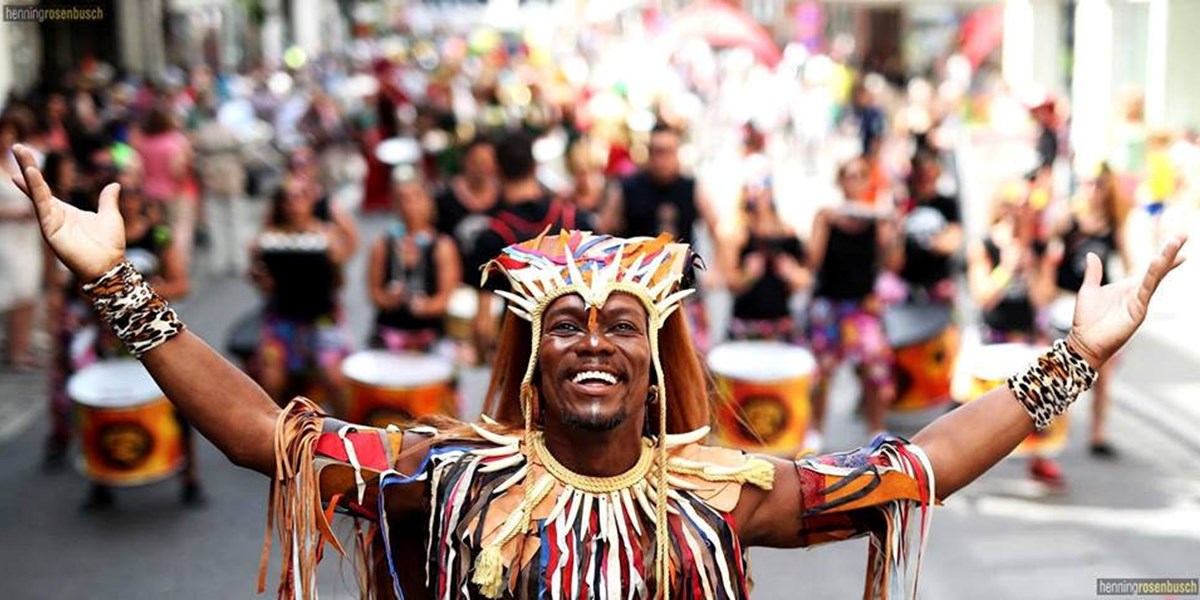Wednesday, July 18, 2018
Samba-Festival Coburg review
Every year, the sleepy town of Coburg is overrun with musicians, dancers, and music fans for the largest samba festival outside of Brazil


Register now to continue reading

Thanks for visiting the Songlines website, your guide to an extraordinary world of music and culture. Sign up for a free account now to enjoy:
- Free access to 2 subscriber-only articles and album reviews every month
- Unlimited access to our news and awards pages
- Our regular email newsletters

